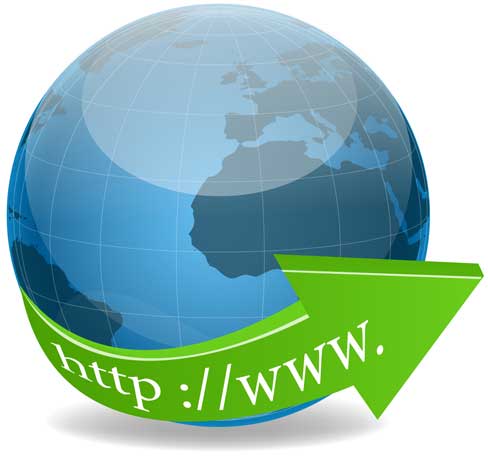HOW DO YOU KNOW WHAT YOU READ ON THE
INTERNET IS TRUE?
 “It’s always true. You can’t put it there if it’s not true. I don’t think it’s a law, but I think you can get in trouble for putting it there if it isn’t true.”
“It’s always true. You can’t put it there if it’s not true. I don’t think it’s a law, but I think you can get in trouble for putting it there if it isn’t true.”
“As a former-tabloid journalist, I was schooled in the art of never letting facts get in the way of a good story. We would develop stories based on rumors, gossip, and plain ideas, falling back on attributes such as “sources close said…” At the time it was fun and a valuable lesson in how to make something out of almost nothing. Looking back, I shudder to think how many lives we threw into turmoil.”
Best Answer: “The same way you know anything is true, you check the facts and do your research. You should always check more than one source for important information.”
WHAT WE NEED TO KNOW
Primary Sources: Original materials that have not been altered or distorted in any way
Political: Remember that as passionately as you believe that you have carefully evaluated “the facts” and come to your conclusions, other intelligent people have also carefully evaluated the facts and come to the opposite conclusion
RESOURCES
Quackwatch.org: Guide to quackery and health fraud
MimiWatch: Facts and resources about multi-level marketing
ALMOST PURELY POLITICAL RESOURCES
FactCheck.org: Nonpartisan, nonprofit “consumer advocate” from Annenberg – a traditional conservative family with conservative values
Politifact: Tampa Bay Times – liberal newspaper
Politifact Pundit Fact: Checks Sunday talk shows
OpenSecrets.org: Nonpartisan guide to money’s influence on U.S. elections and public policy
RealClearPolitics.com: Conservative site that does an excellent job of aggregating polling numbers
FAMOUS CONTROVERSIES
- Aspartame
- Climate Change
- Evolution
- Homeopathy
- Media: liberal or conservative
- Vaccination causes autism